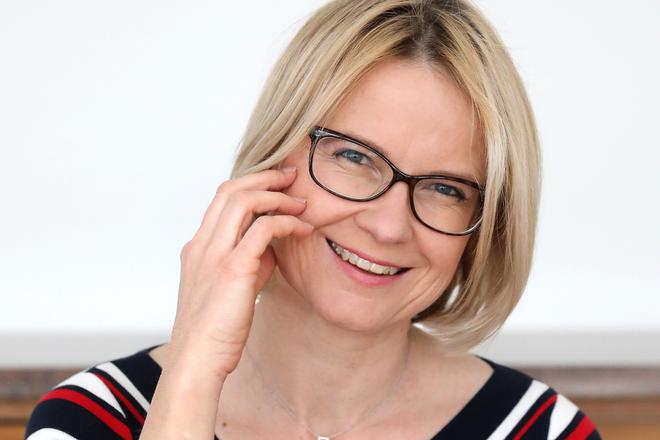As a university student, Katarína Kaszasová actively participated in the Velvet Revolution – which she says possibly stopped her spending the rest of her working life in a chemical industry - and witnessed the split of the then Czechoslovakia into two independent countries.
After graduating as a chemist, she turned her hand to auditing and, after spending more than two decades working for international auditors, the Slovak state and holding a senior position at the European Investment Bank (EIB), she recently became the country’s top auditor as the head of the Auditing Oversight Authority.
But speaking to The Slovak Spectator, she explained that it is her work, not her job title, that motivates her.
“What primarily drives me forward is the feeling that my work has a sense of purpose, not the figure on my payslip or the prestige of the position,” she said. “I have to enjoy my work – it gives me a sense of freedom.”
From chemistry to auditing
Kaszasová was born in 1970, growing up with her parents, both chemists, in Ružomberok, in central -north Slovakia. She does not remember the town for the notorious bad smell from the local paper mill, but for its surrounding mountains, which triggered a love of mountains and sports which remains today.
But unlike most other children who spent their summer holidays with their grandparents in the countryside, she used to spend hers with her grandparents in big cities, Nitra and Bratislava.
She especially remembers the time she spent in the capital with her grandfather, Roman Kaliský, a writer and a journalist who was persecuted by the communist regime and forced to work as a bricklayer after 1968.
Living with him during those summers helped form her character, she said.
“He was a great man, who stood firmly behind his opinions and never gave up,” said Kaszasová, adding that her close relationship with him formed her enduring love of books, and of speaking openly regardless of the consequences.


